Higher National Diploma: Unit 32 Sustainable Tourism Management Report
VerifiedAdded on 2023/01/11
|7
|537
|79
Report
AI Summary
This report, prepared for Docklands Academy's Higher National Diploma in International Travel and Tourism Management, examines sustainable and responsible tourism management. It begins by describing the economic, social, cultural, and environmental impacts of tourism activities, emphasizing the sector's dynamic nature and its influence on various sectors. The report then explores the principles of sustainability, highlighting the roles of stakeholders such as governments and NGOs in effective tourism planning and management. Furthermore, the report evaluates how sustainable tourism is managed and developed in various tourist destinations worldwide. The analysis includes references to academic sources, providing a comprehensive overview of sustainable tourism practices and their implications.
1 out of 7
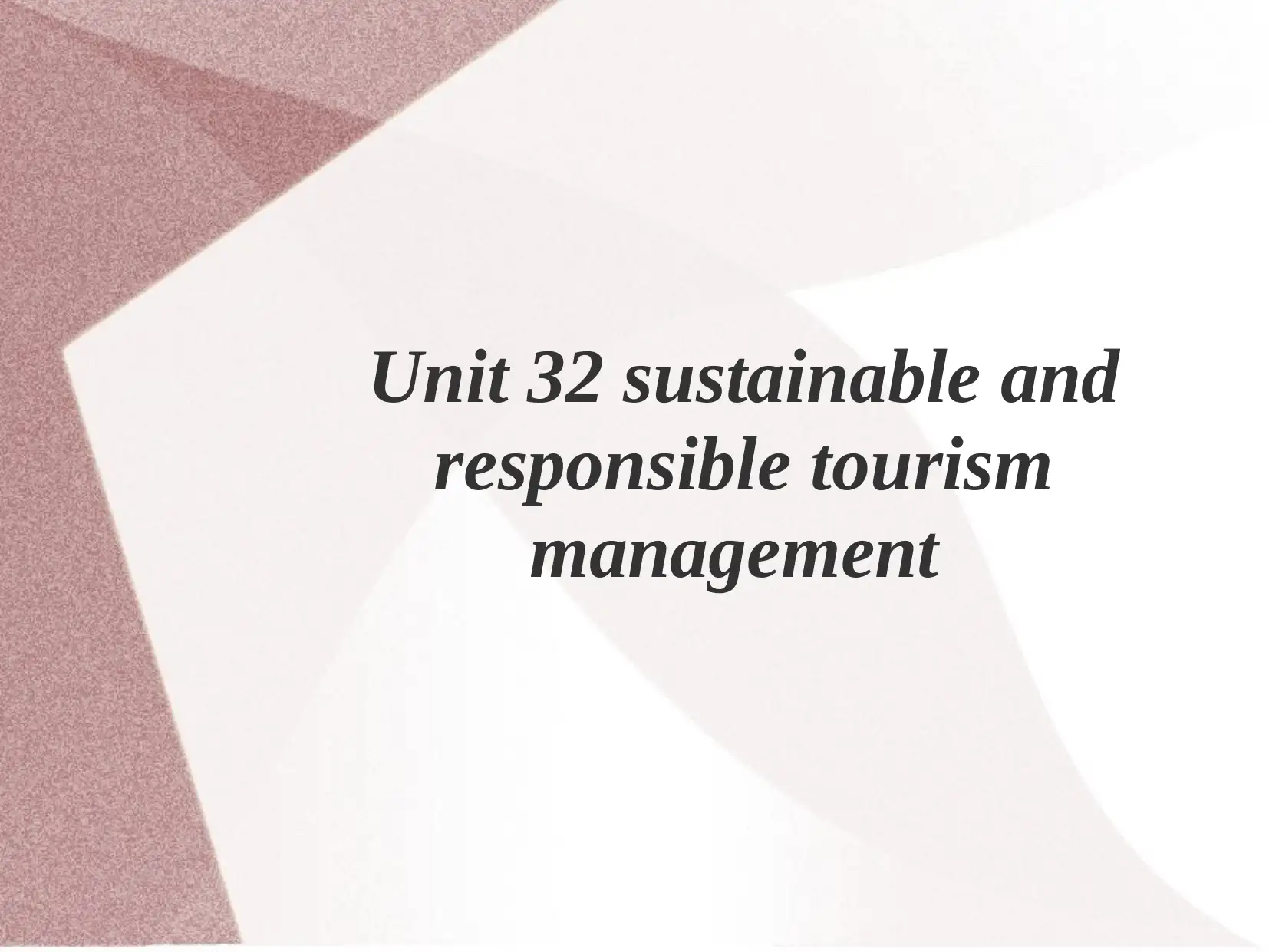
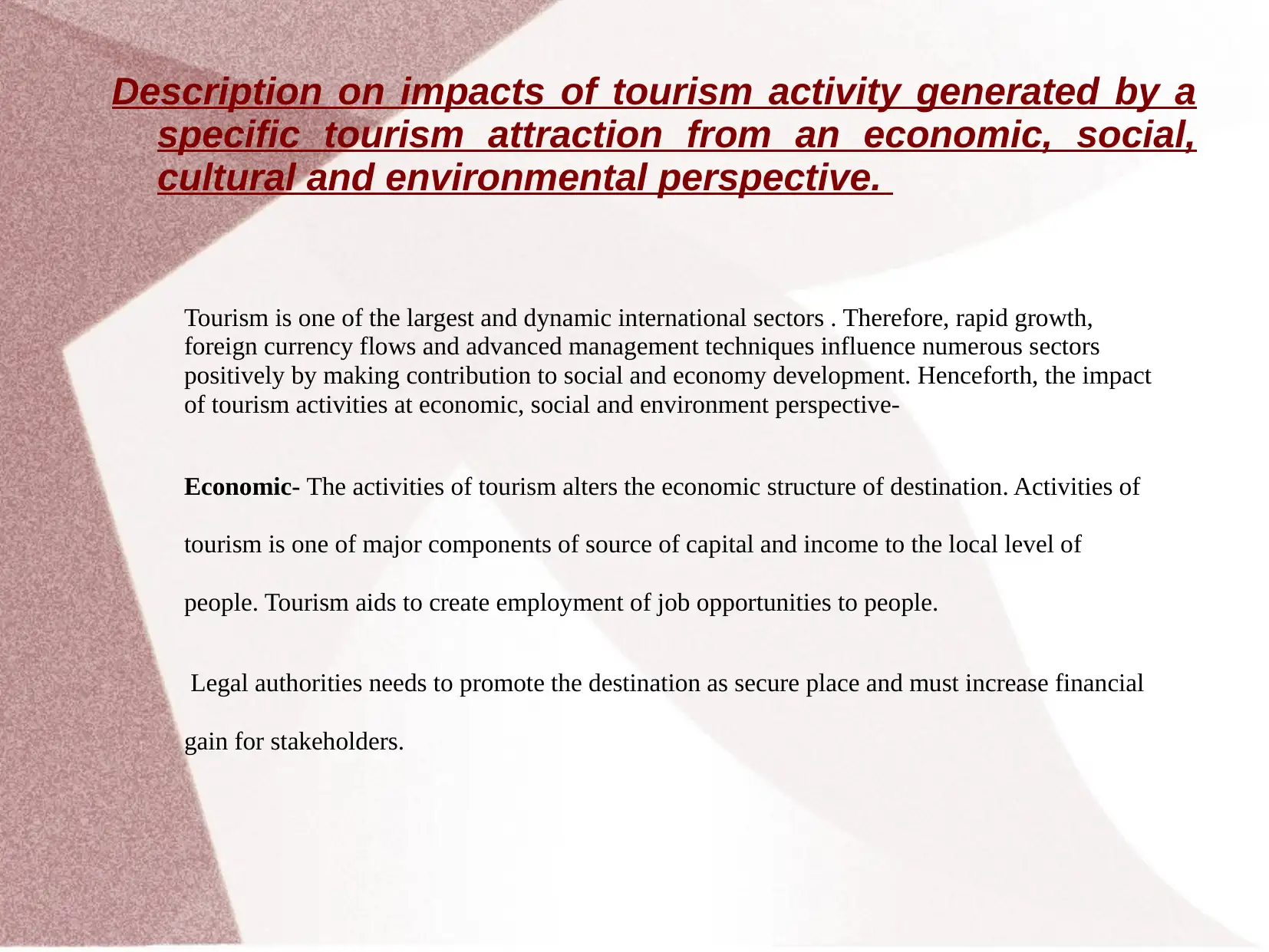
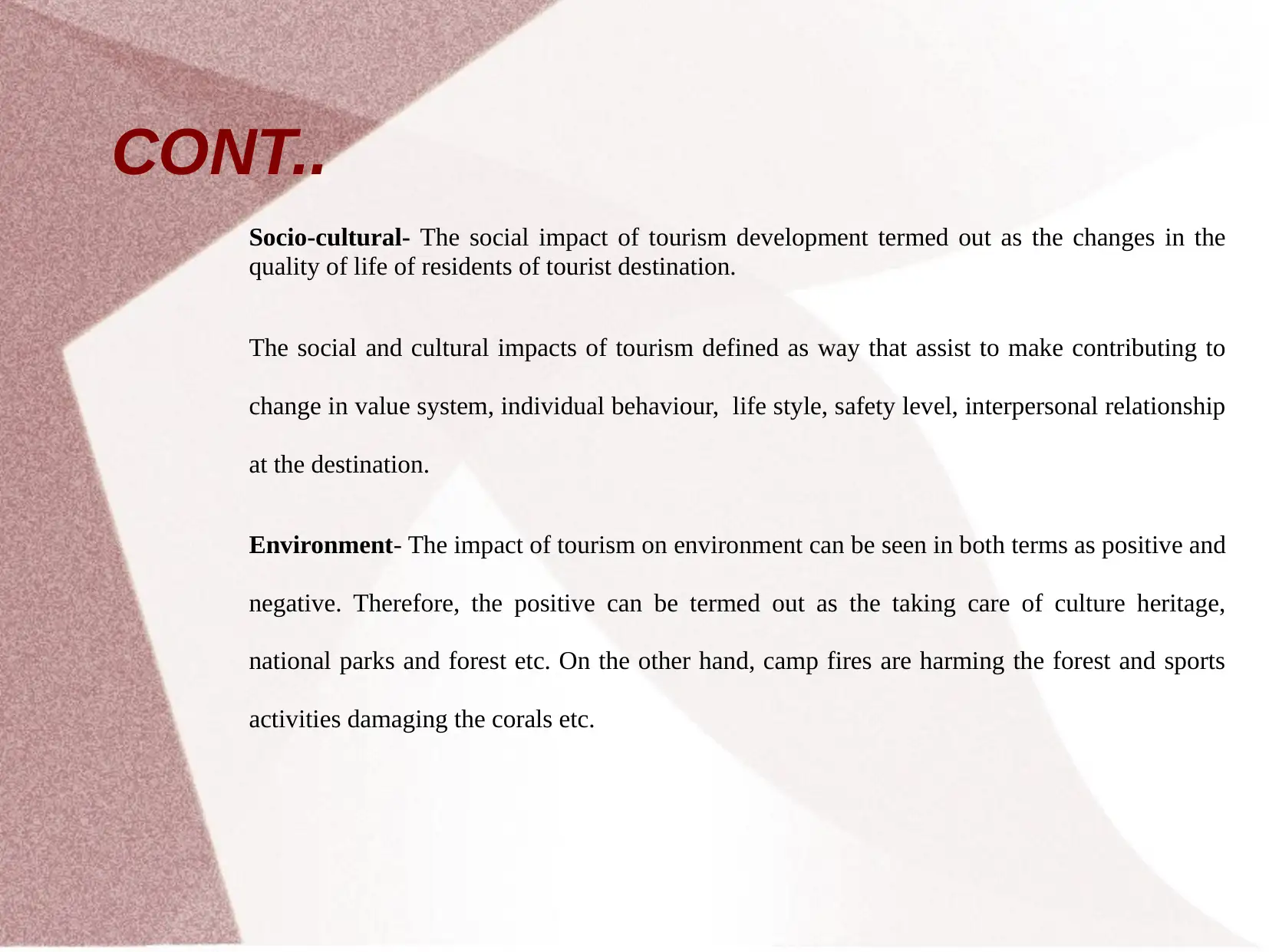

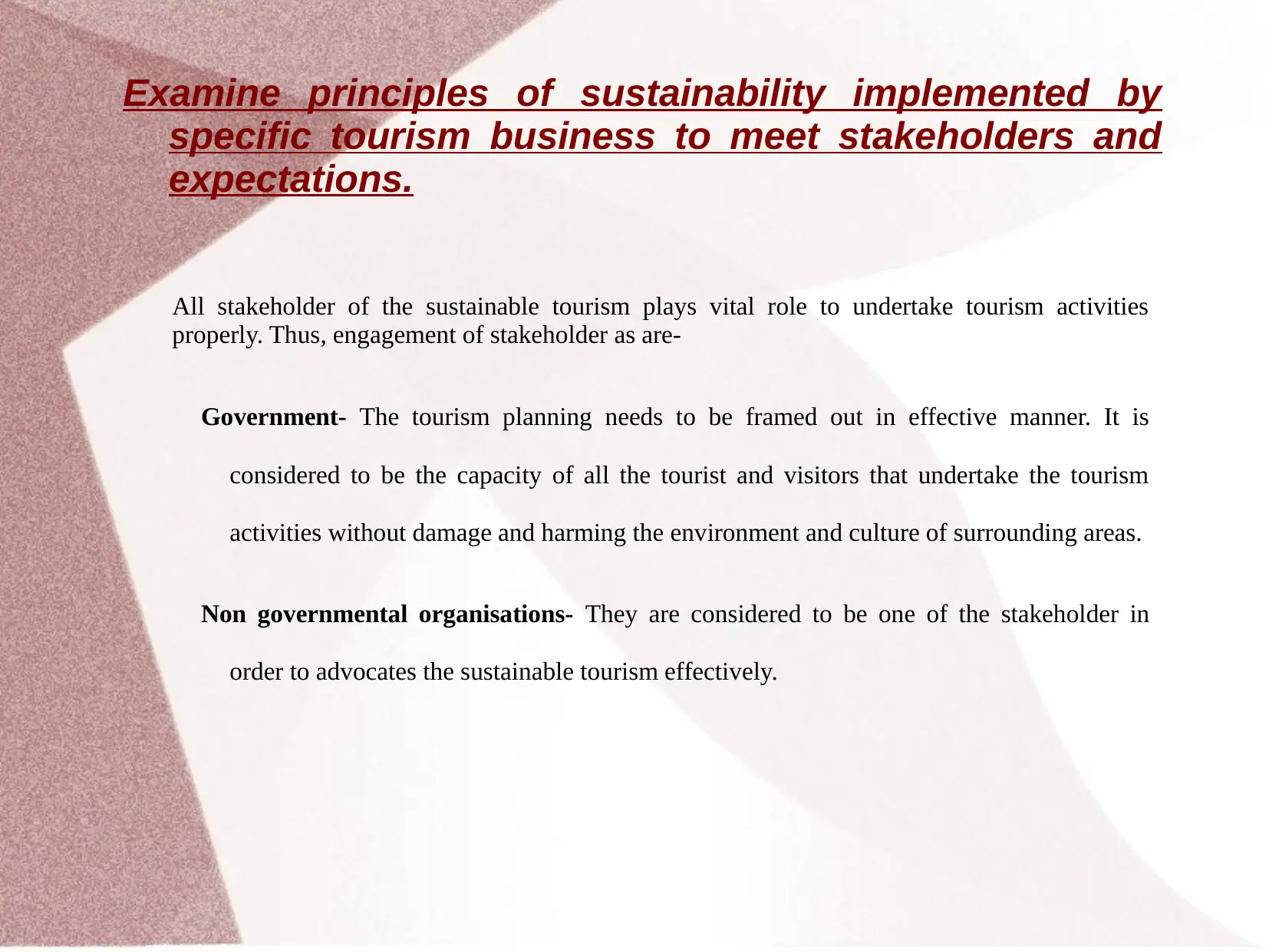
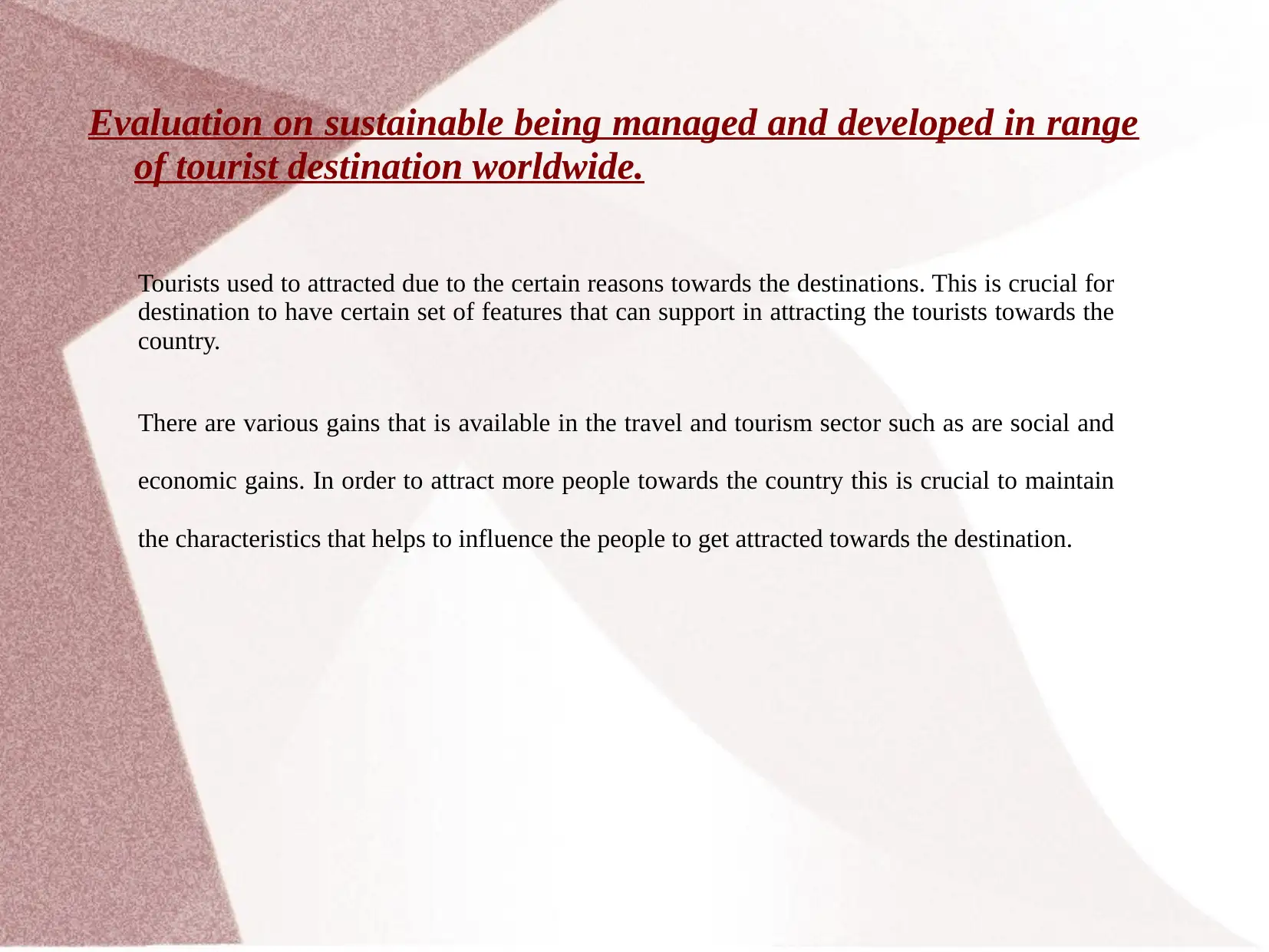
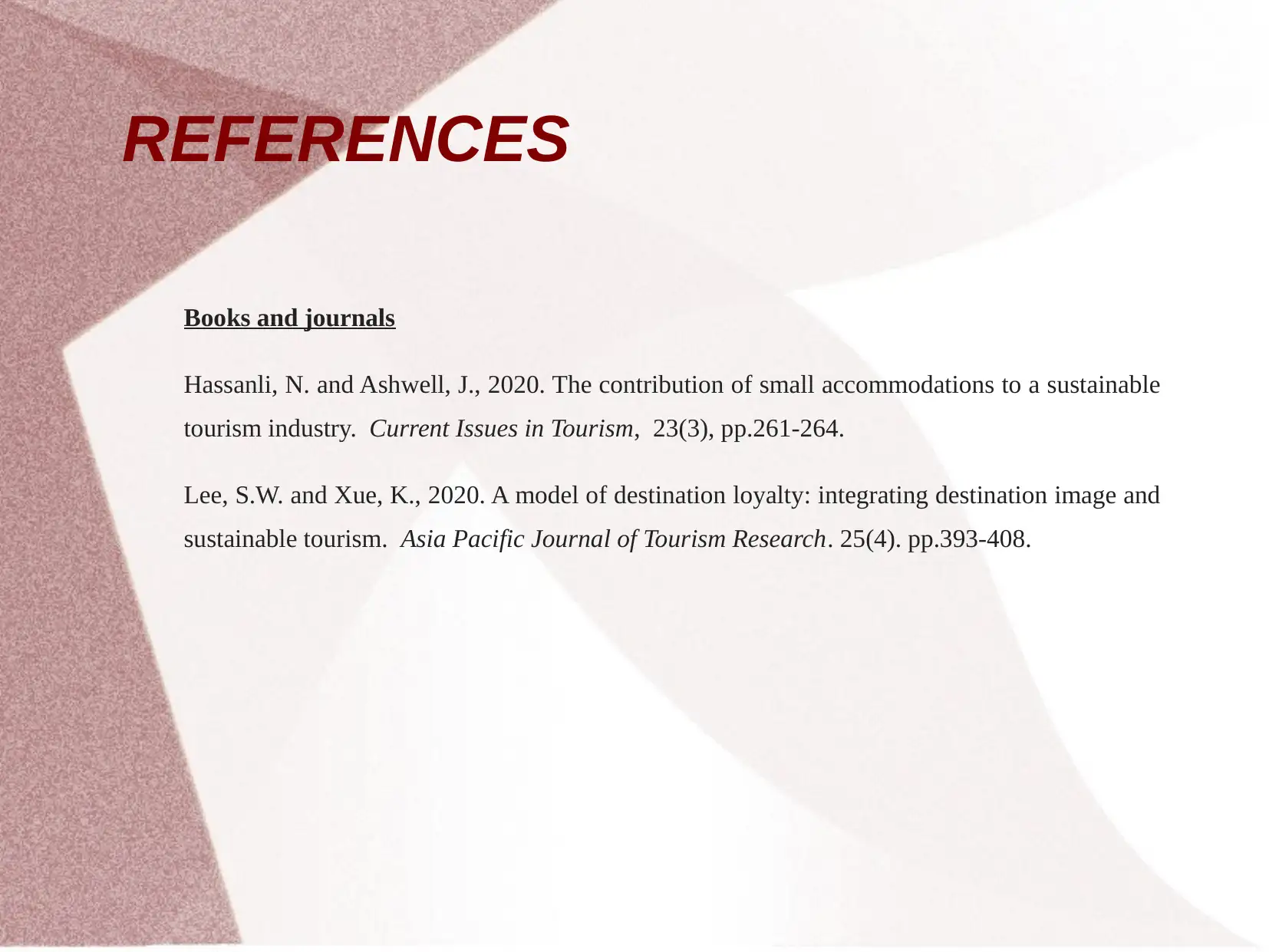



![[object Object]](/_next/static/media/star-bottom.7253800d.svg)